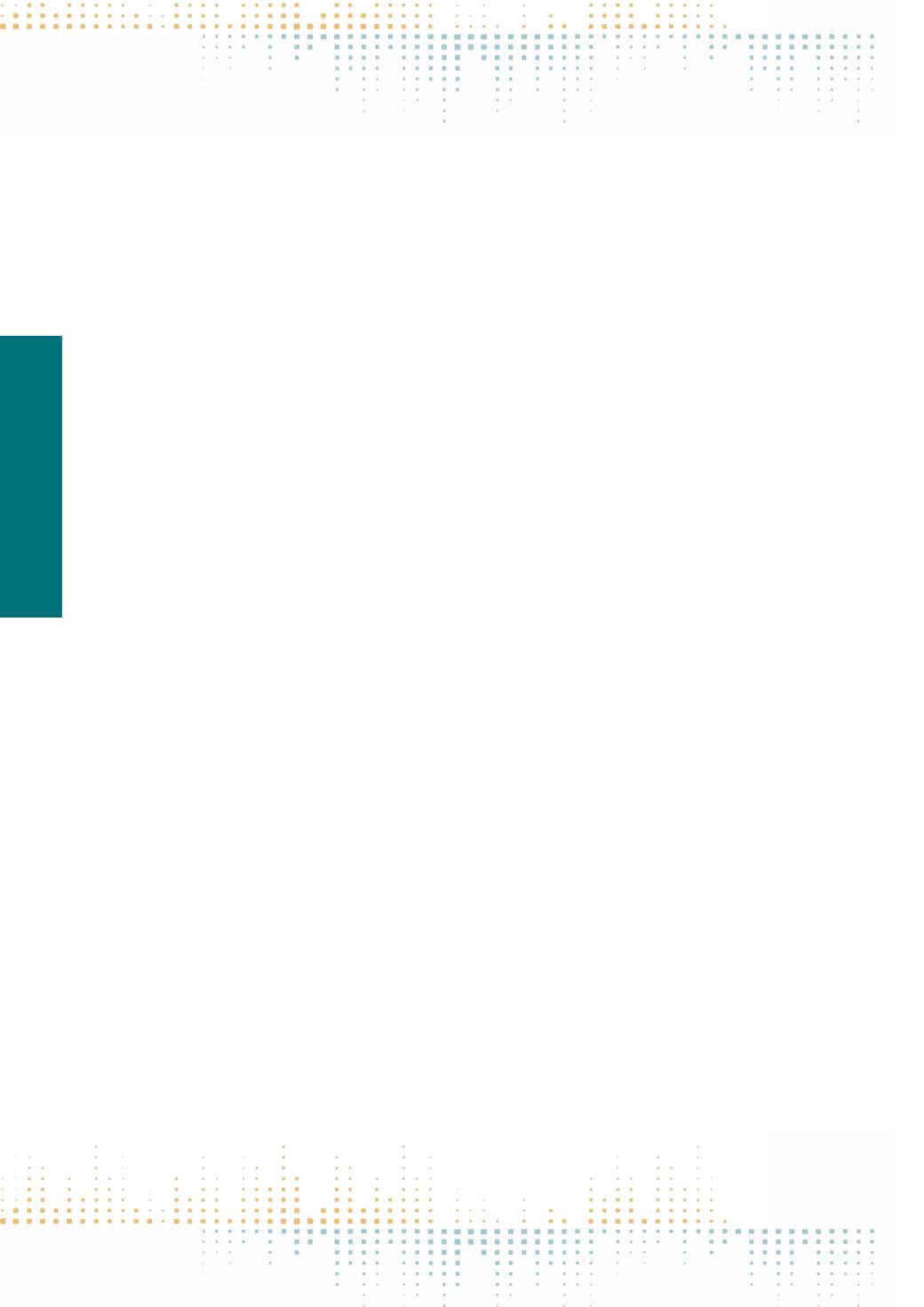

218
Thursday, November 10
1 6 : 3 0 – 1 8 : 0 0
nected to health, self-improvement or holidays.- and others pointing to a delimited period of time -like those connected to public events or unexpected
incidents-. The first category, more oriented to the individual, extends across a more or less continuous timeframe, but at the same time it’s comparable to
parallel actions carried out by other users in multiple locations (for example, narratives about fitness or healthy food). The second category, more oriented
to the collective, is time-constrained and it’s easily identifiable with similar actions by other users in identical or close locations (for example, selfies taken
during a General Election’s day or during a music festival). A third category, midway between the everyday and the eventful, might be identified through
purposeful actions along time, for example social, commercial or political campaigns, as well as artist appropriations of the language of the personal narra‑
tives.We will present some preliminary empirical results of our research through a set of four case studies that illustrate these different categories in a sense
that image and contextual data can help us to shape a complex methodology where qualitative fieldwork enters into a dialogue with Big Data analysis.



















